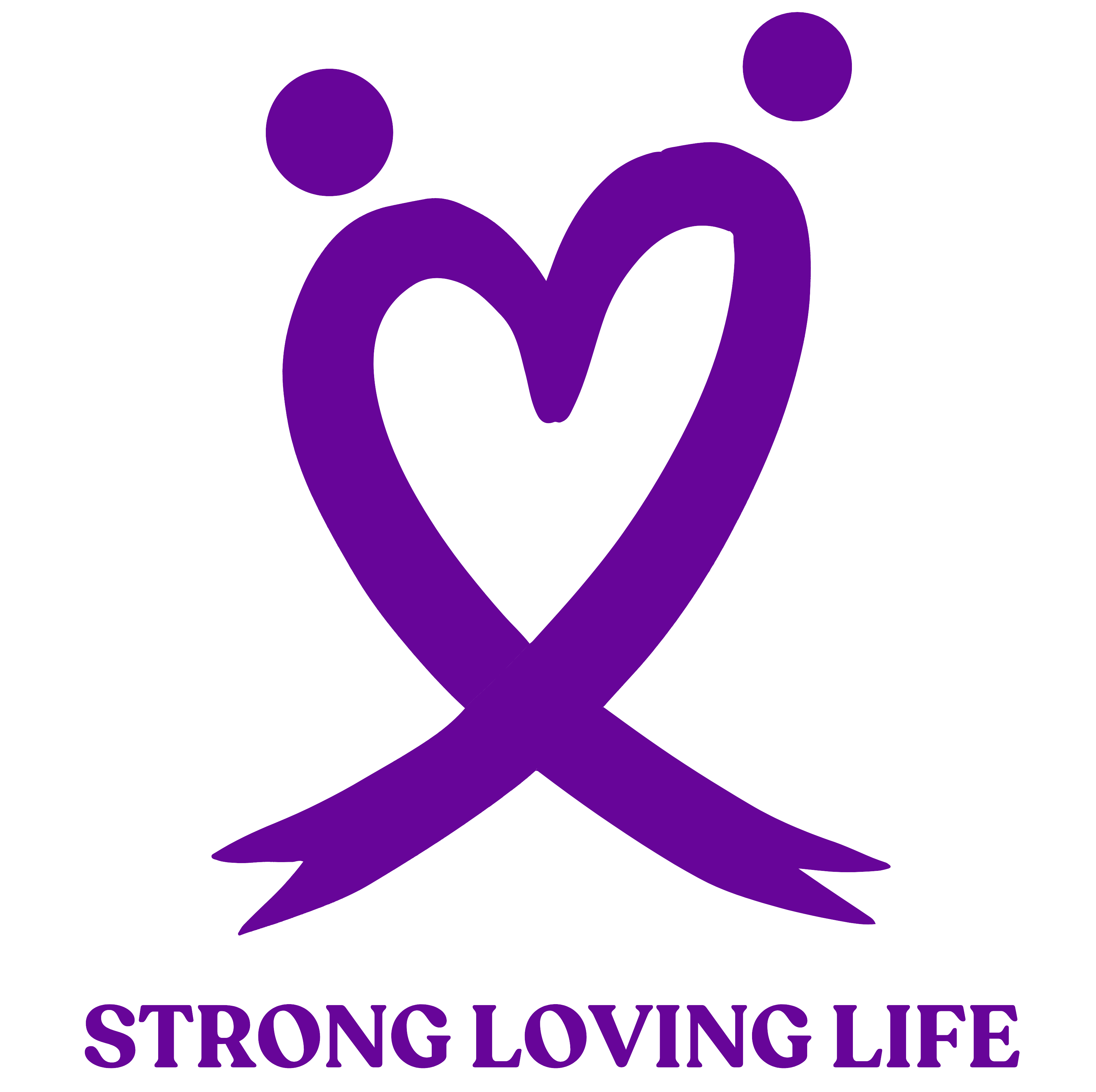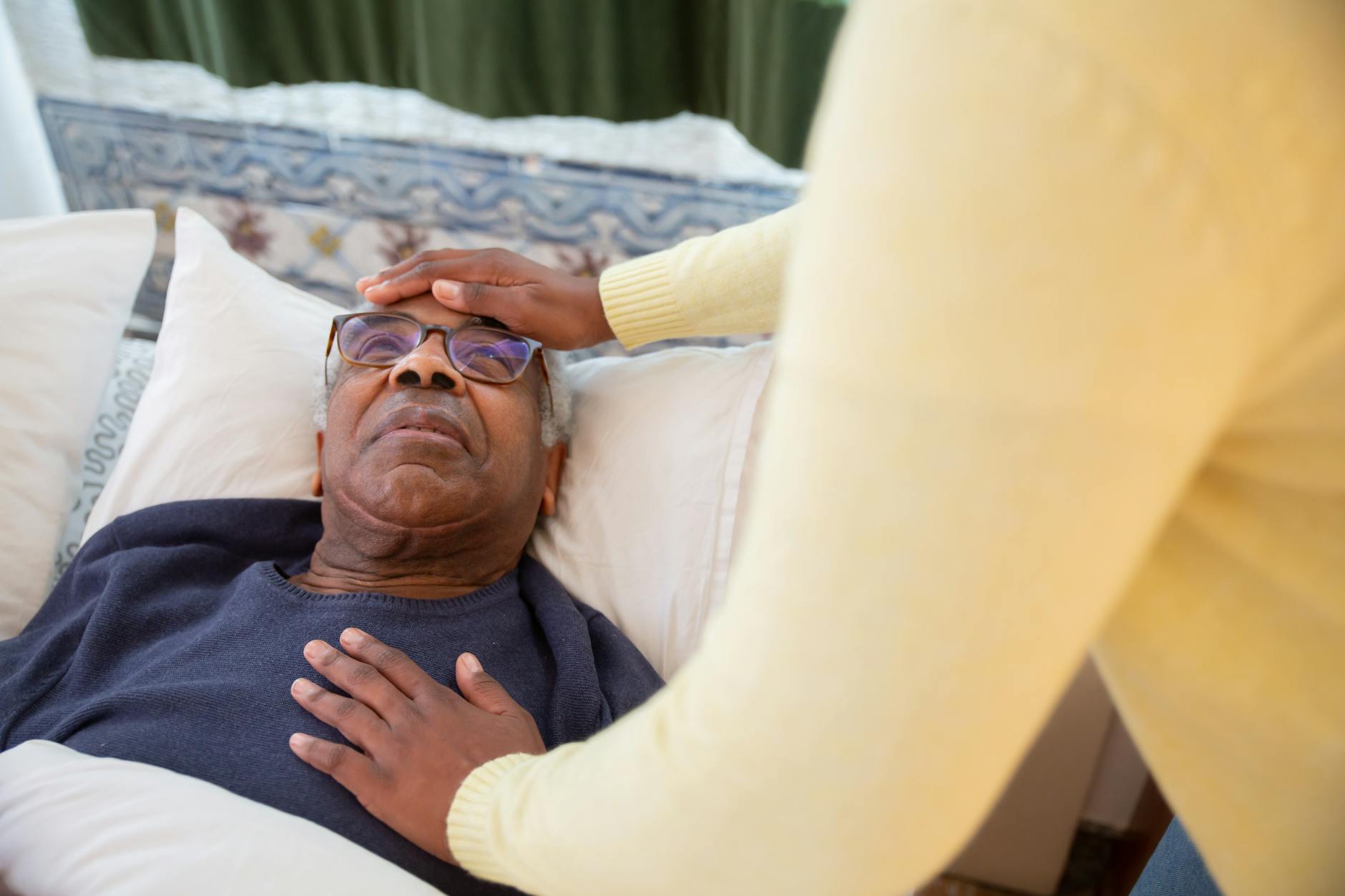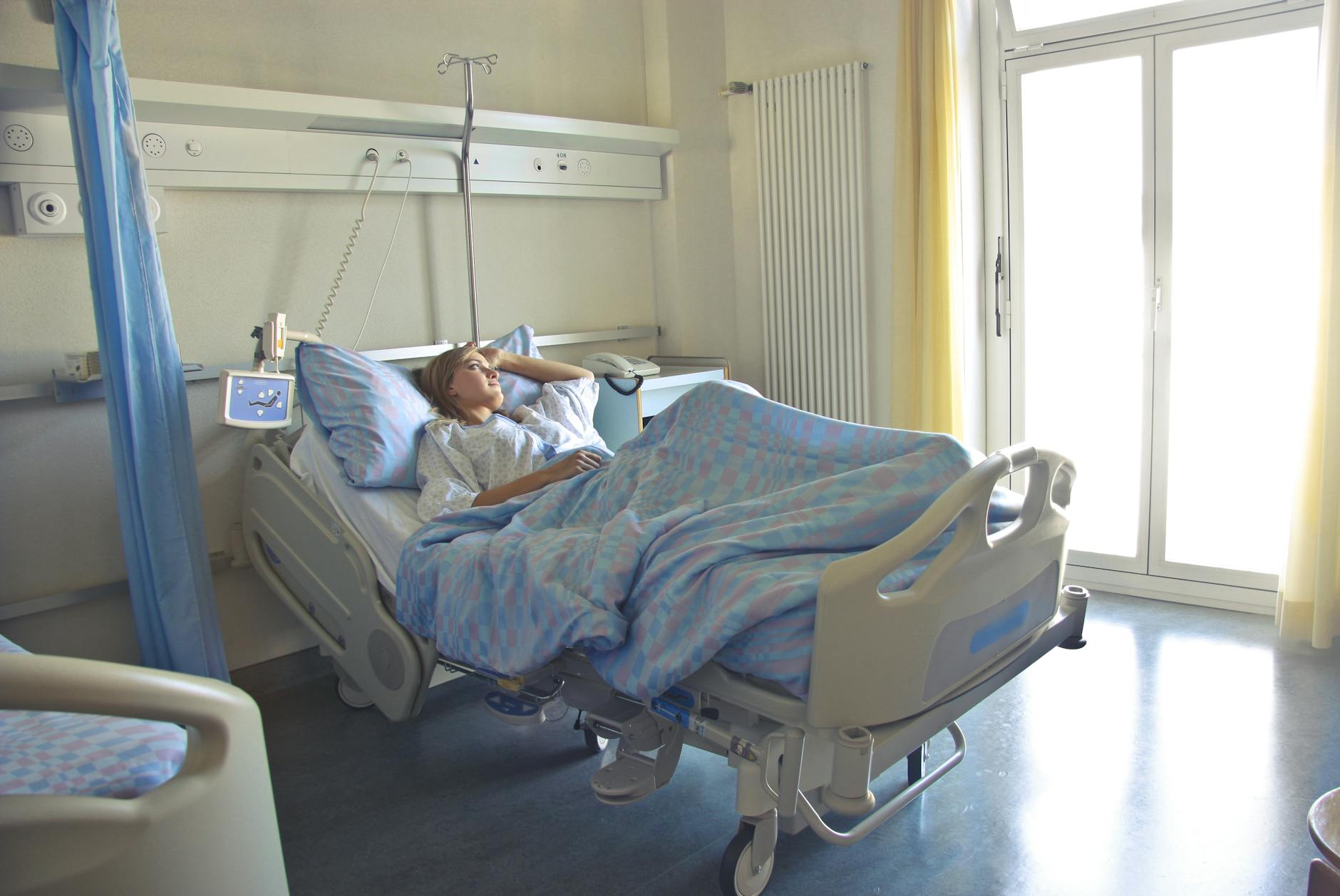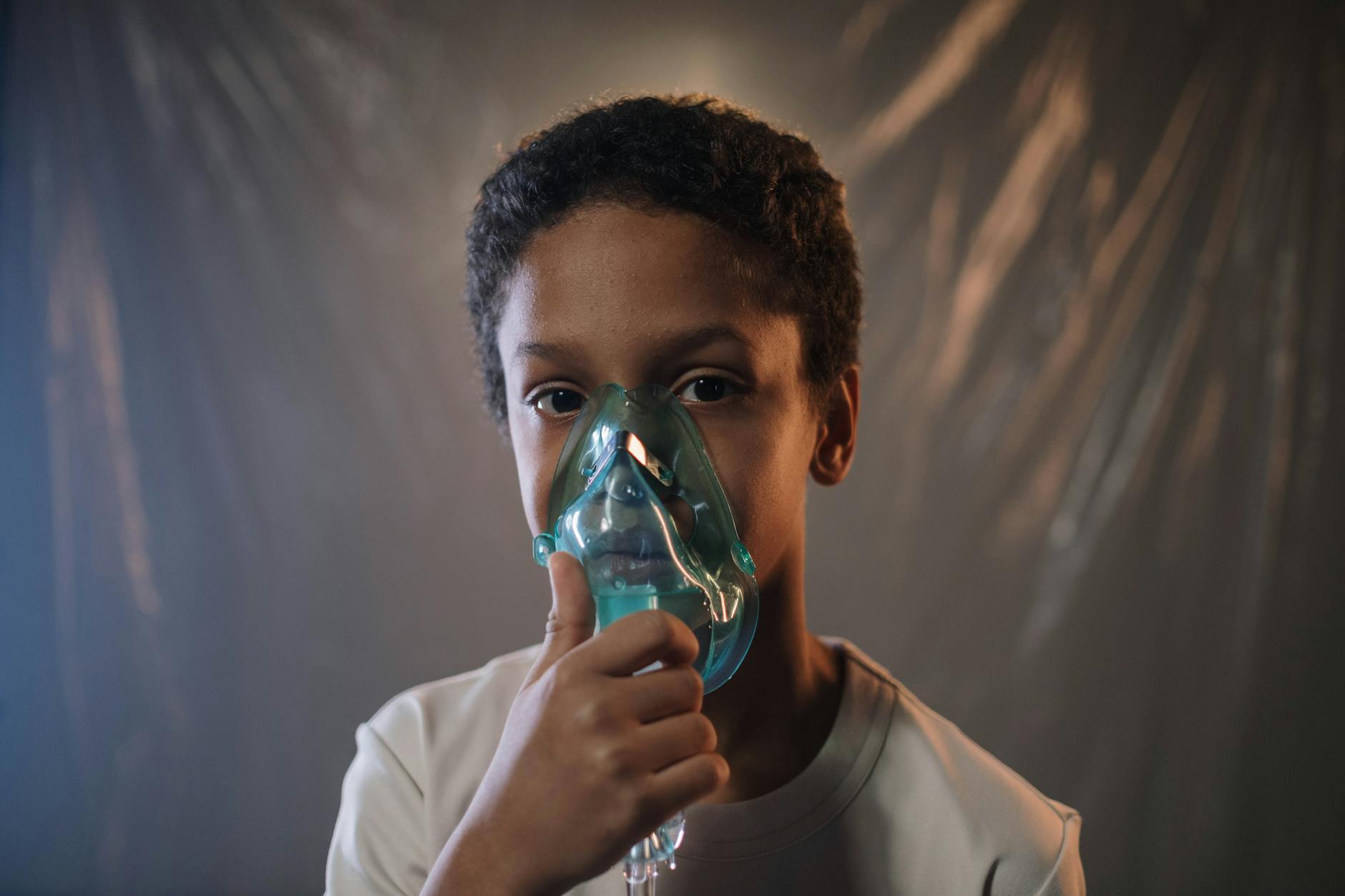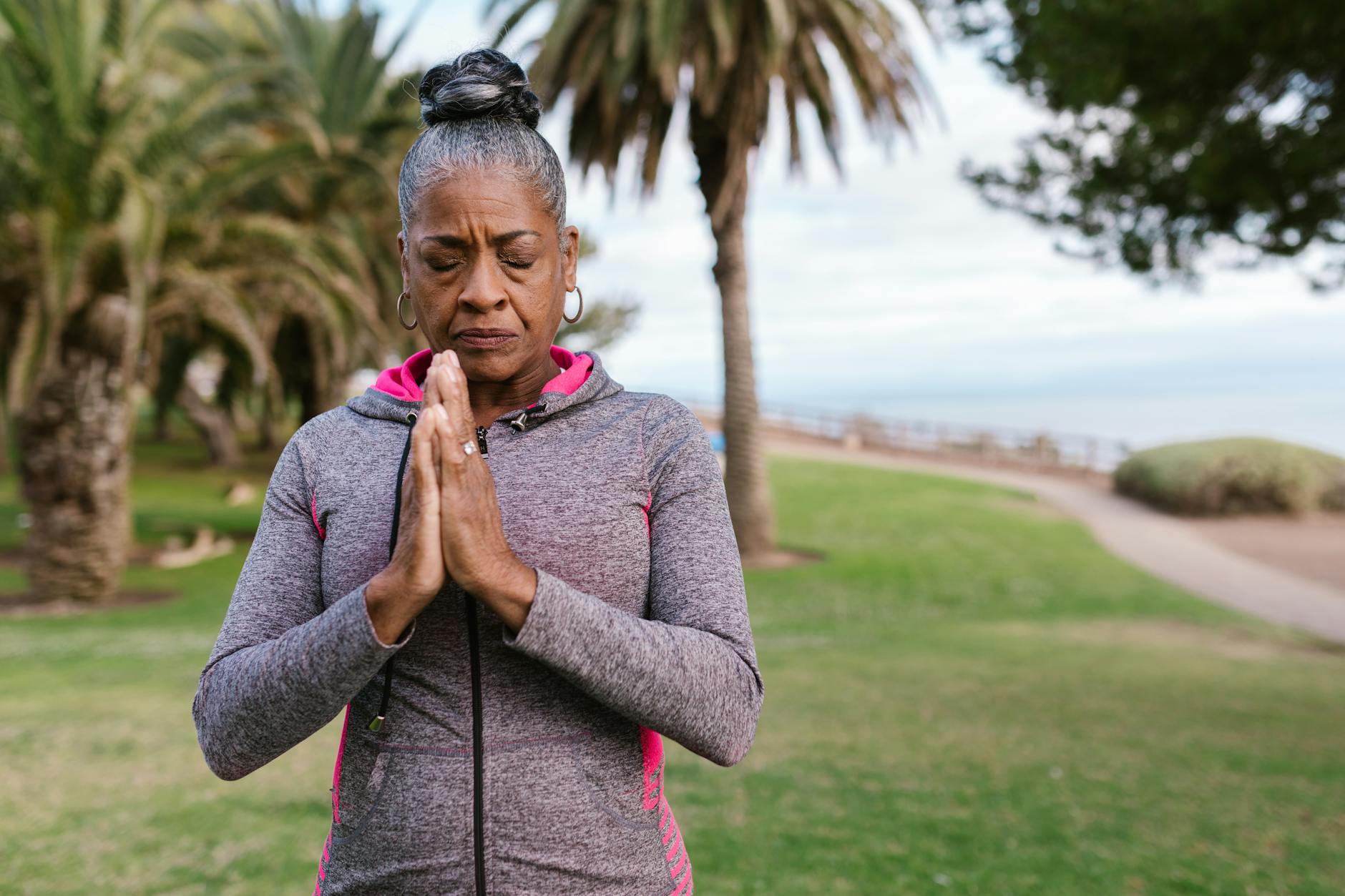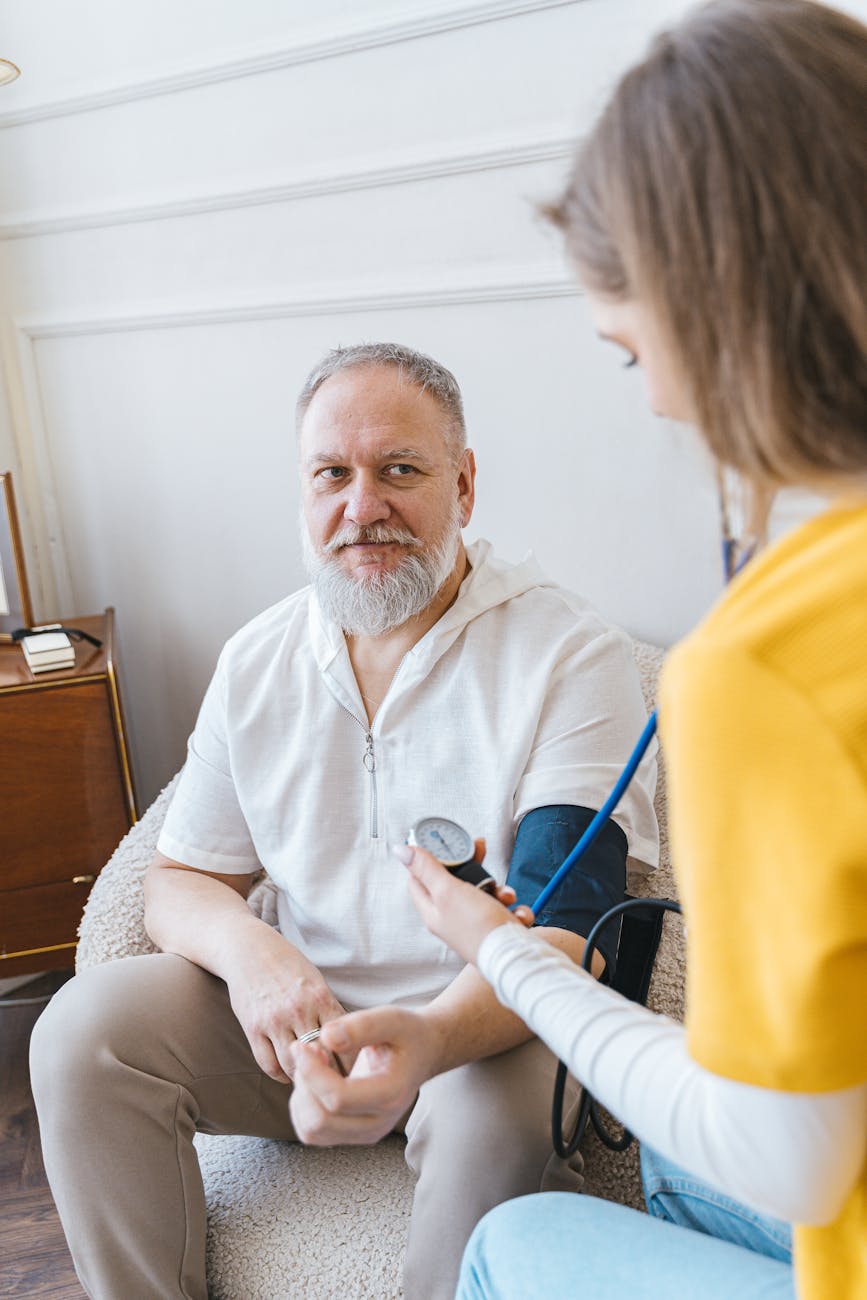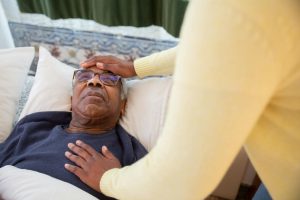Stroke recovery is a multifaceted process that requires a myriad of medical interventions, therapies, and supportive services. For the millions of individuals affected by strokes each year, the path to rehabilitation can be both physically and emotionally challenging. In this landscape, insurance plays a critical role in determining the extent of access to necessary resources, therapies, and overall support available for stroke survivors. Let’s explore the role of insurance in stroke recovery, the types of coverage available, and the impact of insurance on rehabilitation outcomes.
Understanding Stroke and Recovery
A stroke occurs when blood flow to a part of the brain is interrupted, leading to brain cell death due to oxygen deprivation. The two primary types of strokes are ischemic strokes, which are caused by blood clots, and hemorrhagic strokes, which result from bleeding in the brain. Depending on the area of the brain affected, strokes can lead to a wide range of impairments, including:
- Loss of mobility
- Speech difficulties
- Cognitive challenges
- Emotional and psychological changes
The effects of a stroke can be debilitating, making recovery a crucial, often lengthy process. Rehabilitation typically involves physical therapy, occupational therapy, speech therapy, and emotional support. The role of insurance in this recovery process is pivotal, as adequate coverage can significantly improve access to these services.
Types of Insurance Coverage
Insurance for stroke recovery varies widely, so understanding the types of coverage available is essential for patients and their families. The main types of insurance coverage are:
- Private Health Insurance: Often provided through employers or purchased individually, private health insurance policies typically cover a wide range of medical expenses. However, the level of coverage can differ depending on the plan chosen.
- Medicare: This federal program covers individuals aged 65 and older, as well as certain younger individuals with disabilities. Medicare provides coverage for hospital stays, doctor visits, and certain rehabilitation services.
- Medicaid: A state-federal program that assists low-income individuals, Medicaid provides coverage for many rehabilitation services that stroke survivors may need. This includes long-term care for those who require extended assistance.
- Disability Insurance: For individuals who cannot return to work due to a stroke, disability insurance provides financial support during recovery.
- Long-Term Care Insurance: This insurance helps cover costs associated with long-term care, including in-home care services that may be necessary after a stroke.
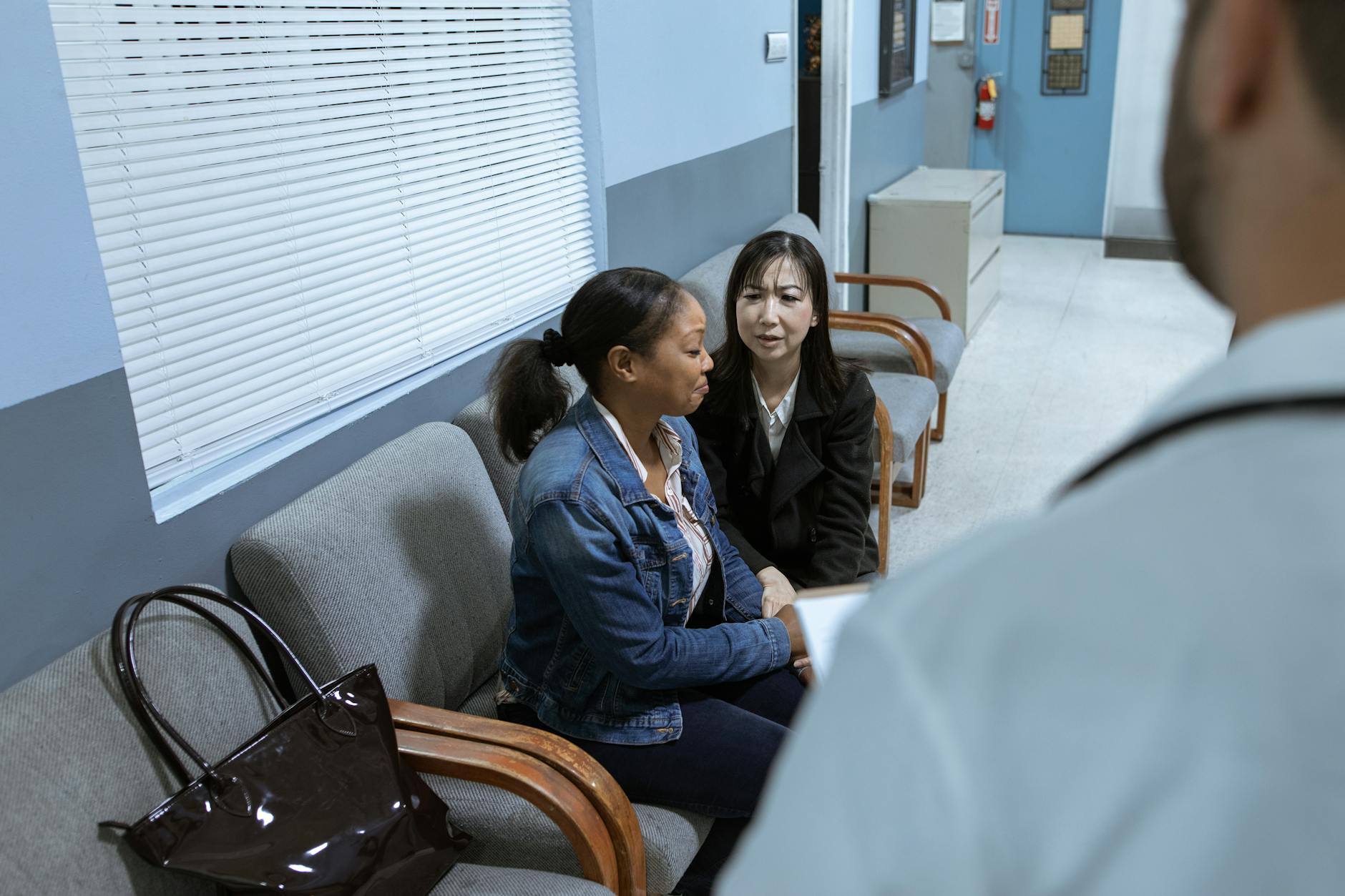
Key Coverage Areas for Stroke Recovery
When it comes to stroke recovery, several key areas are crucial for effective rehabilitation. These include:
| Coverage Area | Importance |
|---|---|
| Inpatient Rehabilitation | Intensive therapy post-stroke to enhance recovery speed. |
| Outpatient Therapy | Continued support for physical, occupational, and speech therapies. |
| Medications | Coverage for necessary prescriptions to manage recovery. |
| Home Health Services | In-home care support for daily activities and rehabilitation. |
| Mental Health Services | Coverage for psychological support and counseling. |
The Impact of Insurance on Rehabilitation Outcomes
The type and extent of insurance coverage significantly affect the rehabilitation outcomes for stroke survivors. Research indicates that patients with better insurance coverage are more likely to access a wider range of rehabilitation services, which can lead to:
- Improved Functional Independence: Access to therapies can help stroke survivors regain their independence, negatively impacted by physical and cognitive limitations.
- Better Long-Term Health Outcomes: Individuals receiving comprehensive rehabilitation services may experience better quality of life and reduced risk of subsequent strokes.
- Enhanced Psychological Well-Being: Insurance coverage for mental health services can address the emotional challenges faced by stroke survivors, such as depression and anxiety.
Challenges in Navigating Insurance for Stroke Recovery
Despite the vital role of insurance, numerous challenges persist for stroke survivors and their families. These include:
- Coverage Limitations: Many insurance plans have limits on the number of therapy sessions per year or may not cover specific types of services.
- High Out-of-Pocket Costs: Even with insurance, many patients face significant copayments, deductibles, and additional expenses that can strain finances.
- Denials of Coverage: Insurance companies may deny coverage for essential therapies, requiring families to appeal these decisions, a process that can be lengthy and frustrating.
Strategies for Maximizing Insurance Coverage in Stroke Recovery
Given the financial burden often associated with stroke recovery, it is crucial for patients and their families to navigate their insurance options effectively. Here are some strategies to maximize insurance coverage:
- Understand Your Policy: Review your insurance policy to understand the specifics of what is covered, including limits on therapy services.
- Communicate with Healthcare Providers: Work closely with healthcare providers to ensure that they are using appropriate coding for services to maximize insurance coverage.
- Explore Appeal Processes: If coverage is denied, familiarize yourself with the appeal process and seek assistance from professionals who can help advocate for necessary services.
- Consider Supplemental Insurance: Look into supplemental insurance plans to cover costs not addressed by primary insurance, particularly for out-of-pocket expenses.
- Utilize Community Resources: Many communities offer resources and organizations that can provide additional support and assistance to stroke survivors and their families.
Necessary rehabilitation services
Insurance plays a crucial role in stroke recovery, impacting access to necessary rehabilitation services and ultimately, recovery outcomes. Understanding the various types of insurance coverage and how to navigate potential challenges can empower stroke survivors and their families to optimize their recovery journey. With adequate support, education, and resources, stroke survivors can work towards reclaiming their lives post-stroke, overcoming the challenges faced during rehabilitation. As such, fostering awareness about insurance options and the resources available to stroke survivors is essential for improving their quality of life and long-term health outcomes.
